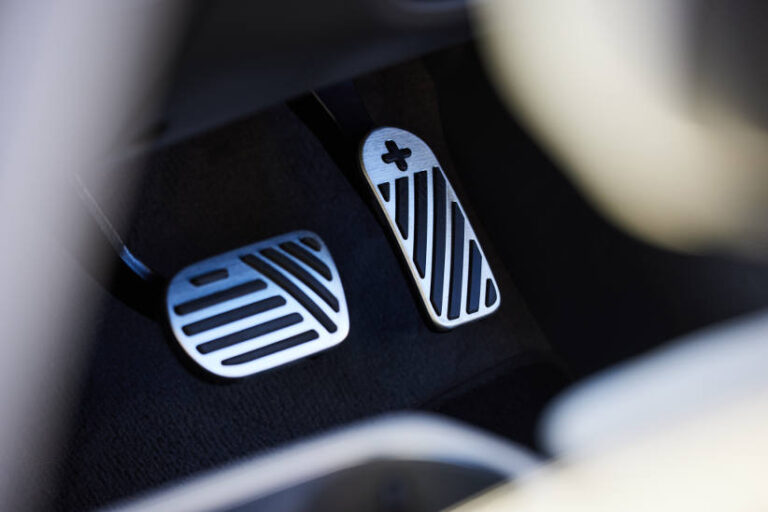Australian fleets aren’t the only ones in the world consumed by discussing electric vehicles — certainly the hottest topic at recent local fleet events. In Europe too, it’s all the rage.
“This is one of my favourite topics at the moment,” said Balz Eggenberger, founder of Swiss-based fleet management consultancy Fleetcompetence. “Nobody talked about electric vehicles seriously until about five years ago. Things changed a lot,” he said talking on a podcast for Fleet Auto News.
Eggenberger cited a FleetEurope publication saying that 30 percent of Europe’s new fleet vehicles are now electric. “That’s a lot,” said Eggenberger, adding that it varies enormously across the continent. “Europe is not one country,” he said, and depending on the various government tax incentives to turn electric, the proportion of new fleet vehicles purchased that are electric ranges from 83 percent in Norway, where there is a lot of government support, to about 2 percent in Poland, where there is not support.
Among other countries, where there is at least some support the figures for the proportion of EVs as a share of new fleet vehicles purchased are: Sweden about 55 percent; The Netherlands, about 37 percent; Germany, 31 percent; Belgium, 30 percent; the UK, 27; Switzerland, about 22; France about 20 percent, and Italy about 18 percent. These figures are based on 2021 new vehicle data.
Eggenberger said the huge swing to EVs has been propelled by companies setting zero-emission targets for carbon.
“We see that a lot of especially international companies, they really have to go for EVs, because most of them have zero-emission targets,” said Eggenberger, adding, “And how will you ever go in the direction of zero emission without pushing EV?”
This drive towards sustainability was certainly the number one business priority for fleet managers in 2022 in Europe, chief editor of FleetEurope, Steven Schoefs, said in an e-book entitled 2022 Incentives for Electric Vehicles in Europe.“Sustainability, and to be more precise: fleet electrification. That is the most striking result of our most recent global fleet survey,” Schoefs said.
Eggenberger who works with 55 partners in Europe and the US said the pivot to sustainability has brought the top management to the table with fleet management. He talked about being involved in two big projects where general management has set sustainability targets.
“The funny thing is, normally when we had fleet projects you have to deal with purchasing, fleet managers and maybe HR. But this time when we talk about EV, in both big projects, the CEOs are involved. It seems to be a big change and important change for companies. The attention we have in Europe for this topic is very big.”
To be sure, companies may have set targets for EVs and certainly they are increasing as a proportion, but Europe’s fleet hands are tied to an extent by unavailability of new vehicles, just as they are in Australia.
“Can they bring the vehicles on the streets? No, they can’t. Why? Because we have some problems with the delivery,” said Eggenberger.
He said as an example that if you order a Skoda ENYAQ SUV today, one of the most wanted fleet cars in Europe, you will have to wait 18 months.
“It’s not a joke,” said Eggenberger. He said Tesla models Y and 3 were more readily available there, maybe five or six months wait.
Another notable comment by Eggenberger was that the lack of supply of favoured fleet vehicles in Europe was opening up opportunities for new brands and models to make big inroads.
“Some new brands, which were not typically fleet brands like Hyundai Kia, for example, have a big chance because of their delivery is easier.”
The Kia EV6 was crowned Car of the Year, ahead of the Renault Megane E-Tech Electric and the Hyundai Ioniq, at the 2022 Geneva Motor Show.






